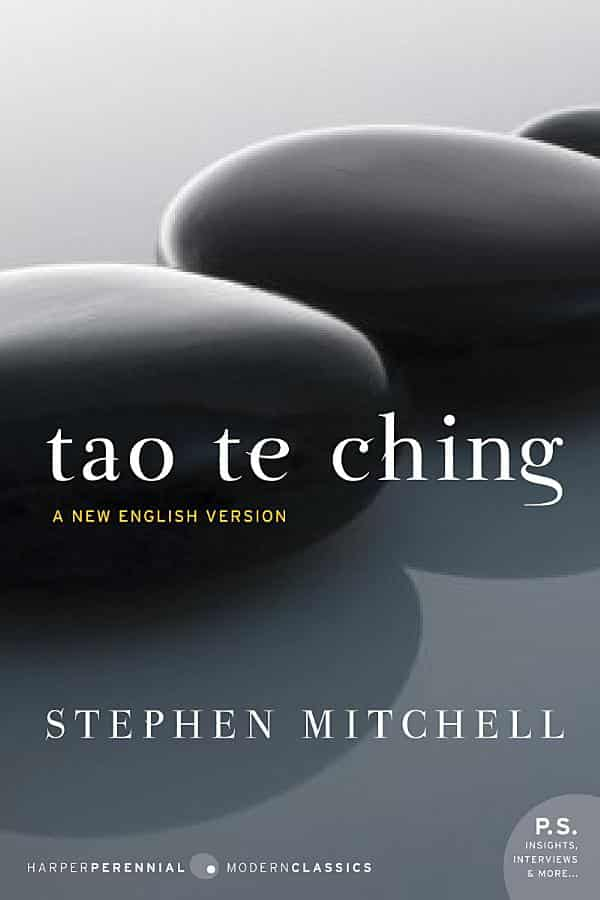Since I had Ursula K. Le Guin’s translation on hand, I picked up Stephen Mitchell’s as well. Reading them side by side: Mitchell’s version is what we expect spiritual texts to be; Le Guin’s is what spiritual texts should be.
In the introduction, he says he played with the text, but there’s very little playfulness involved. He also claims to exhort femininity, but the main way he does this is just by swapping ‘she’ for ‘he’ at various points. (Where neither is necessary; note how Le Guin fails to need either, which is truer to the original text.)
Also, he’s very quick to denounce that wei wu wei could be passivity. Oh no! It’s like an athlete! Le Guin, in contrast, isn’t scared off by passivity (see also: Lathe of Heaven).
His metaphor is an athlete “in the zone”; hers is a very good teacher, or the truest voice in a group of singers: “uncompetitive, unworried, trustful accomplishment, power that is not force.” Note the profound difference in those images.
Incidentally, Le Guin comments on Mitchell’s translation, which I had forgotten and didn’t find again until I read her translation notes at the end of the book. It’s one of the versions that blur the language into dullness and vagueness, she says. “Lao Tzu is tough-minded. He is tender-minded. He is never, under any circumstances, squashy-minded. By confusing mysticism with imprecision, such versions betray the spirit of the book and its marvelously pungent, laconic, beautiful language.”
Indeed.
